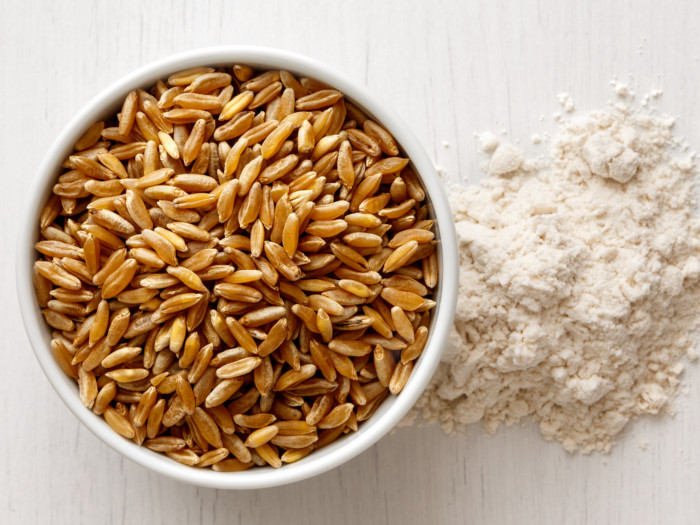
It’s packed with omega-3 fatty acids, and according to studies, it may help with a range of medical conditions. Read on for more fish oil benefits.
Protects your heart
Studies show that the omega-3 fatty acids found in fish oil may help reduce several risk factors of heart disease. Fish oil is linked to lower levels of triglycerides (fats in the blood), and helps prevent or treat hardening of the arteries by slowing production of plaque or blood clots.
Studies also suggest that regularly consuming foods with omega-3 fatty acids may help protect against stroke. However, new evidence from an analysis of 14 clinical trials suggests fish oil might not benefit people who already suffered a heart attack or stroke.
“Our meta-analysis showed insufficient evidence of a secondary preventive effect of omega-3 fatty acid supplements against overall cardiovascular events among patients with a history of cardiovascular disease,” the study authors wrote. Keep in mind that fish oil pills can thin the blood, so check with a doctor or dietitian before taking them.
Lowers cholesterol
Research in the journal Nutrients says that fish oil and omega-3 fatty acids (the main component of fish oil) are one of the best foods to lower cholesterol. The omega-3s help reduce triglyceride levels (fats in the blood), which leads to higher HDL levels, or “good cholesterol.”
Fish oil supplements can do the trick, but eating fatty fish like salmon or even canned tuna two to three times a week can positively impact cholesterol, according to the National Institutes of Health.
Benefits your bones
Another one of the many fish oil benefits is that it may help your bones. According to a study in the British Journal of Nutrition, the omega-3 fatty acids found in fish oil was found to have positive effects on bone health, especially when taken with calcium.
Studies showed that the fatty acids appeared to increase the amount of calcium the body absorbs. This promotes bone strength and growth.
Treat mental illness
We know that fatty acids are essential to healthy brain function, but study results on the effectiveness of fish oil supplements to treat a range of mental disorders are still preliminary, so always talk to your doctor before treating yourself. According to a 2011 study in Journal of Clinical Psychiatry, a group of studies suggested that the omega-3s found in fish oil had a positive effect on people with primary depression.
Patients with bipolar disorder who took fish oil supplements, some in addition to regular medication and some by itself had fewer depressive episodes than those who took a placebo pill, per a 2016 study in Journal of Clinical Medicine. And, five of six double-blind trials in schizophrenia found omega-3s to have a therapeutic benefit, according to a study in the journal Drugs.
May help regulate diabetes
New research from Harvard School of Public Health found that the omega-3s in fish oil supplements increased levels of adiponectin in the bloodstream, a hormone that aids in glucose regulation. Researchers say that higher levels of adiponectin are associated with a lower risk of type 2 diabetes.
May reduce rheumatoid arthritis symptoms
Another one of the fish oil benefits is that it can help with joint pain. Studies suggest the omega-3 fatty acids found in fish oil may reduce symptoms of rheumatoid arthritis, an autoimmune disease that causes painful inflammation of the joints.
A study found that taking fish oil supplements in conjunction with conventional RA therapies was associated with better remission rates, meaning omega-3s may be effective at relieving joint pain in the long term. What’s more, omega-3s may help control inflammation elsewhere in the body, such as the lungs.

























